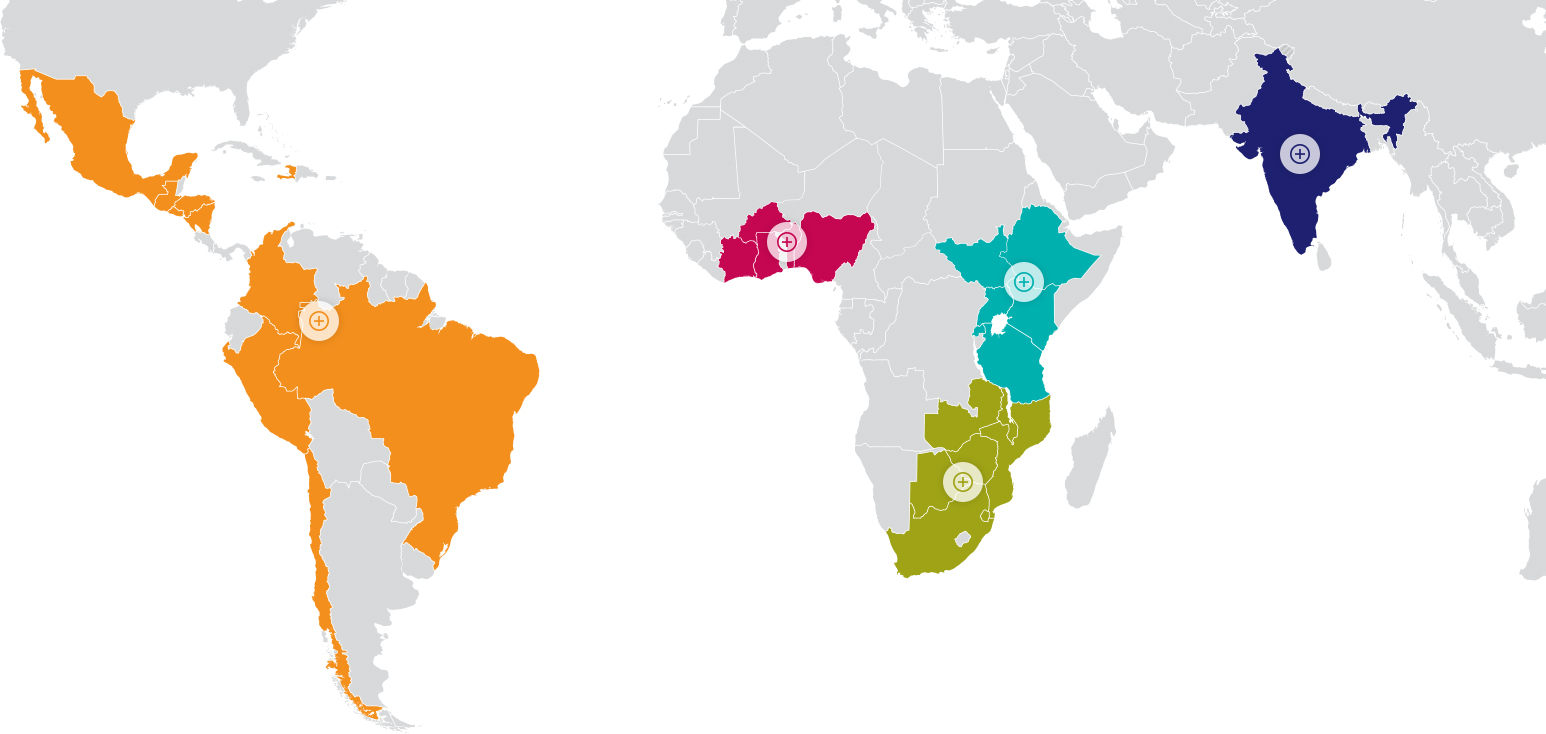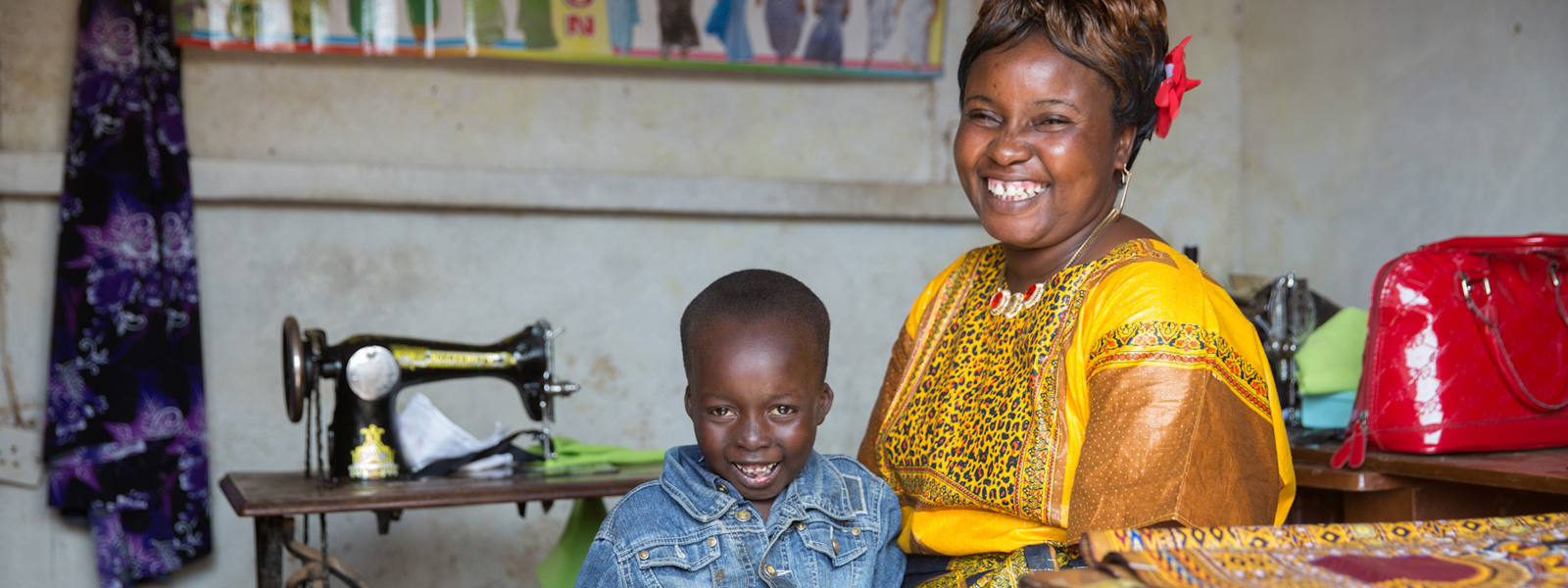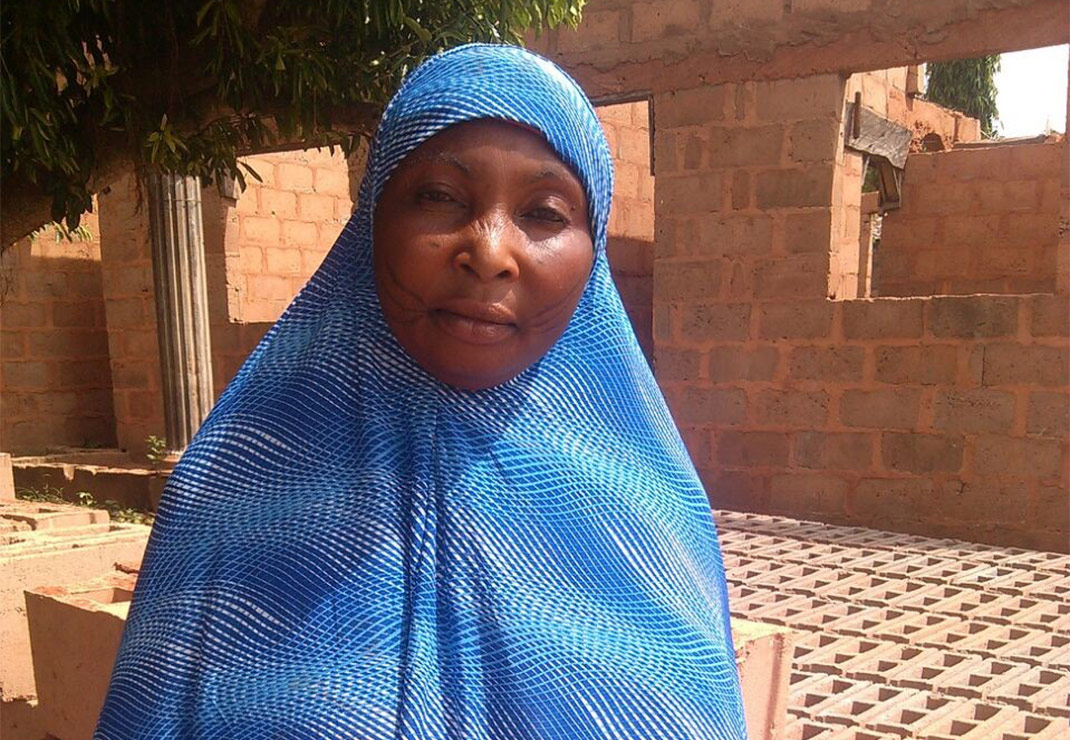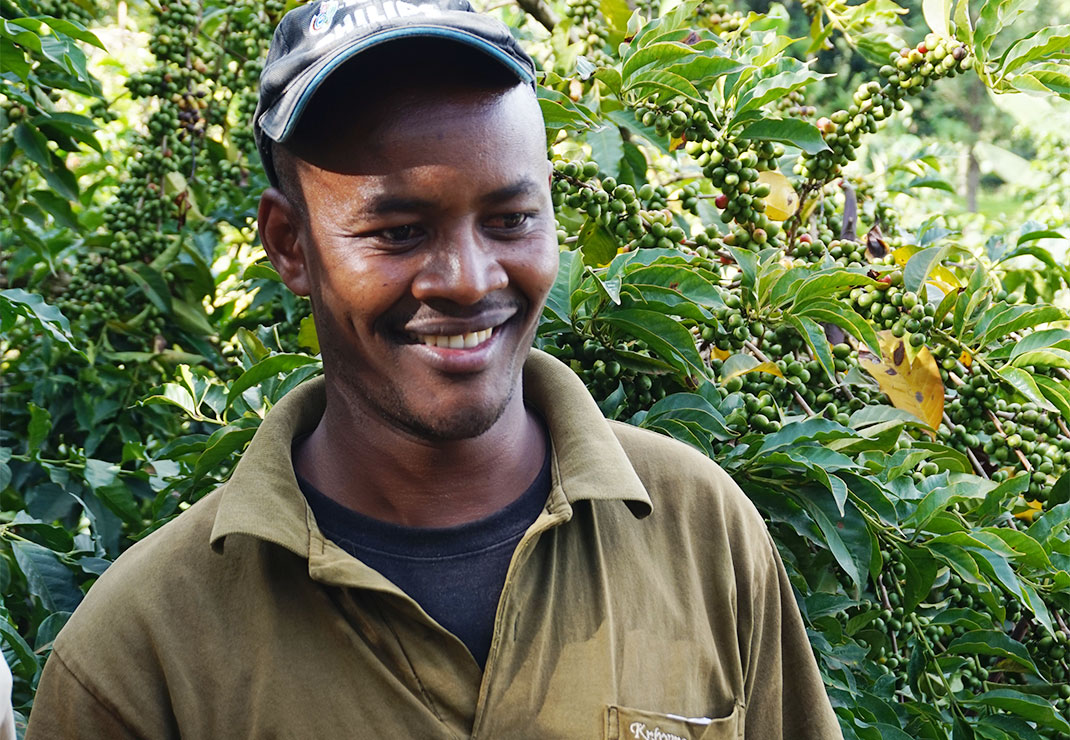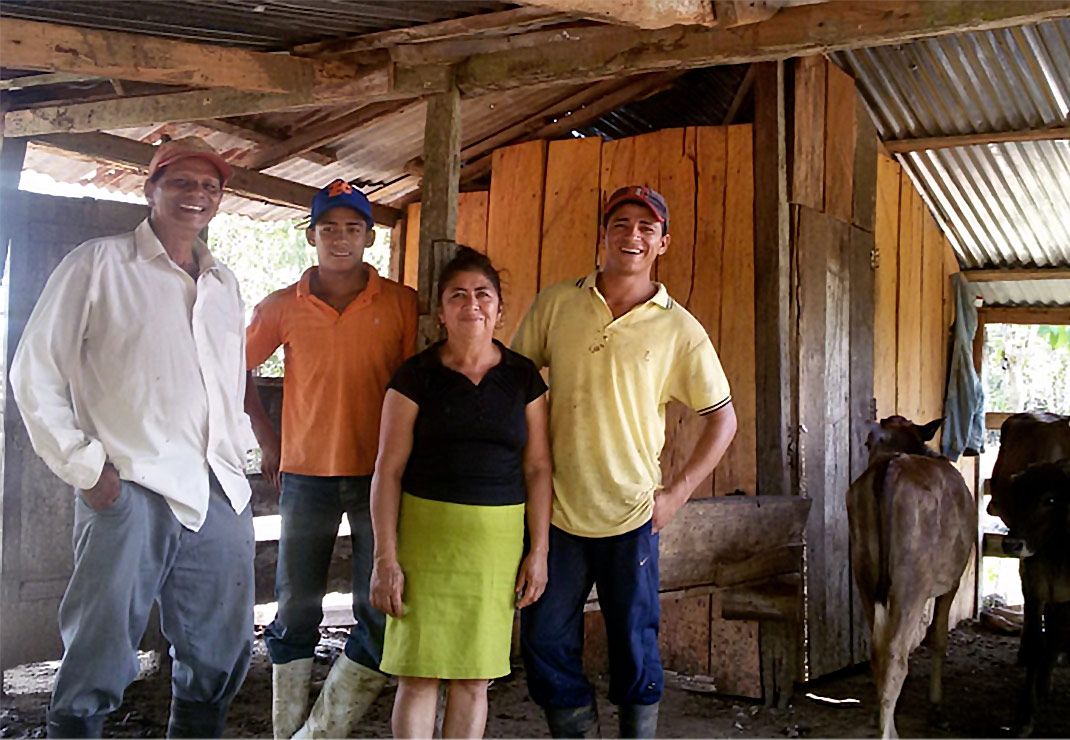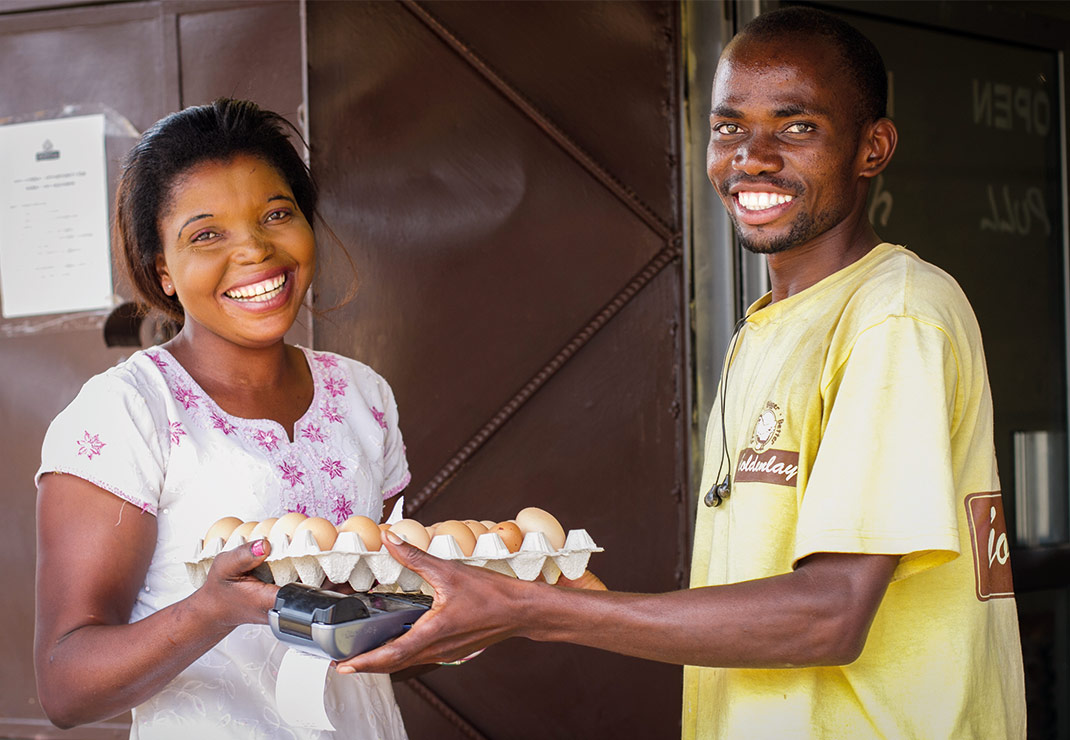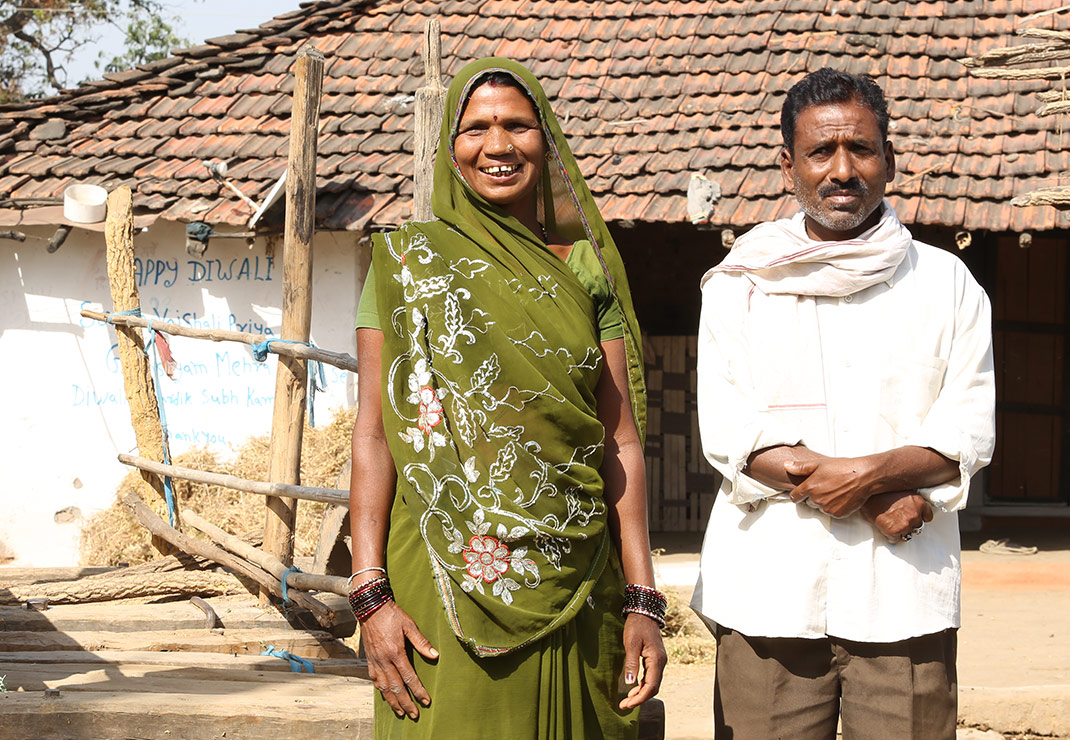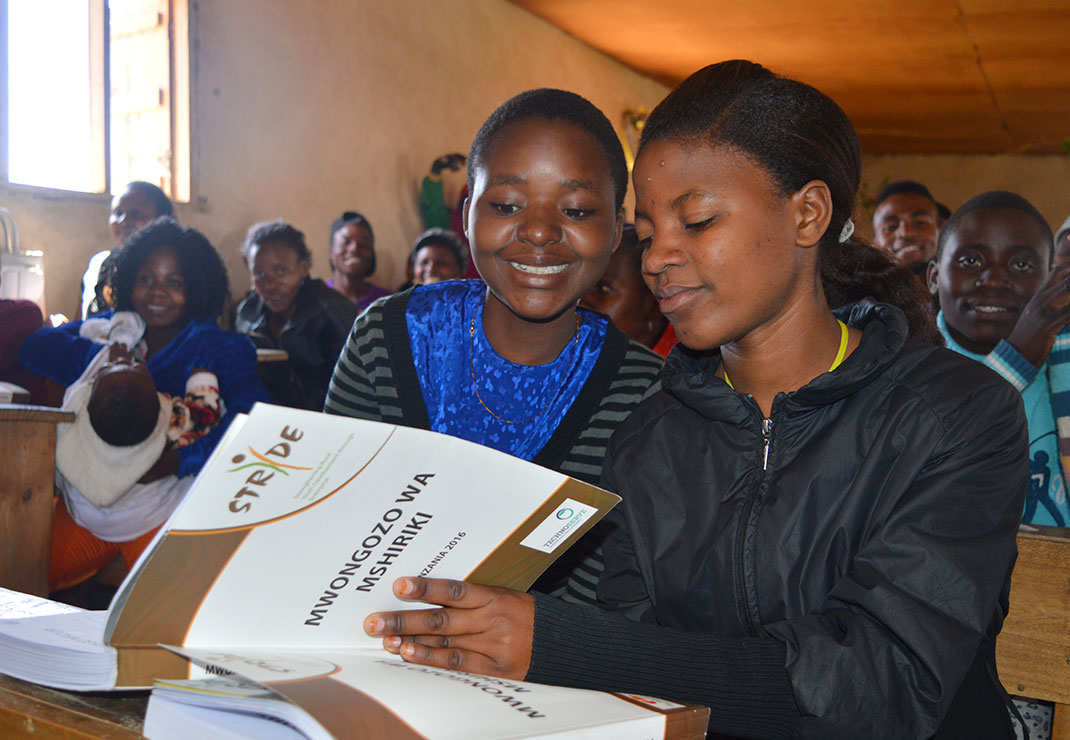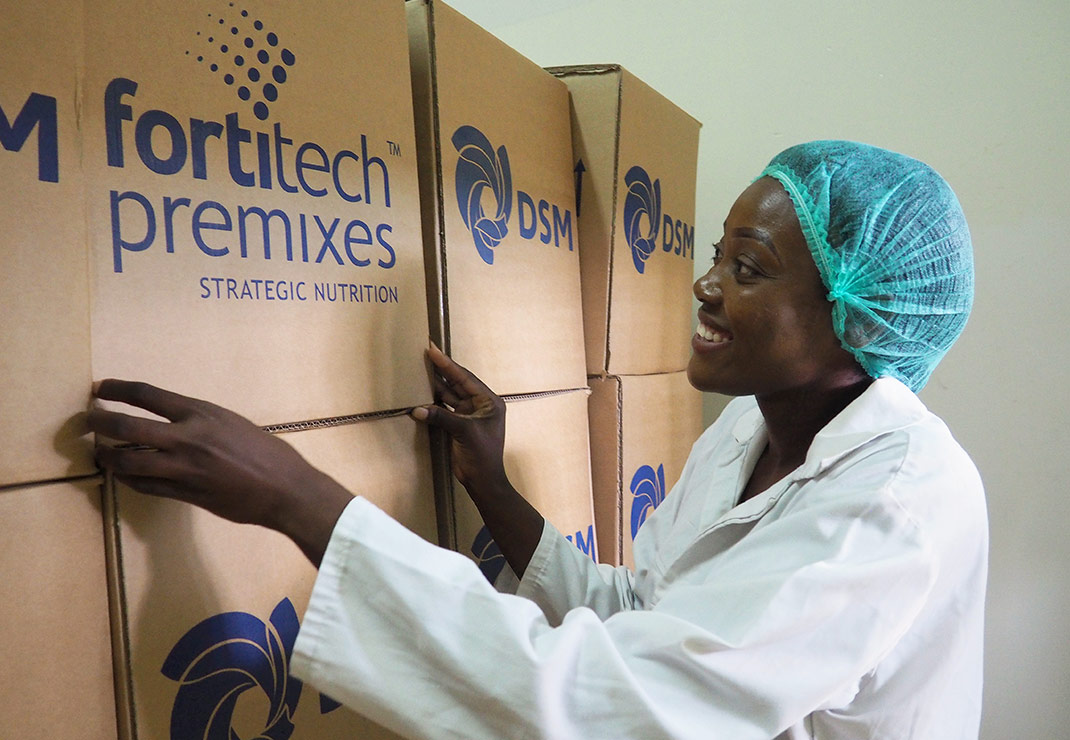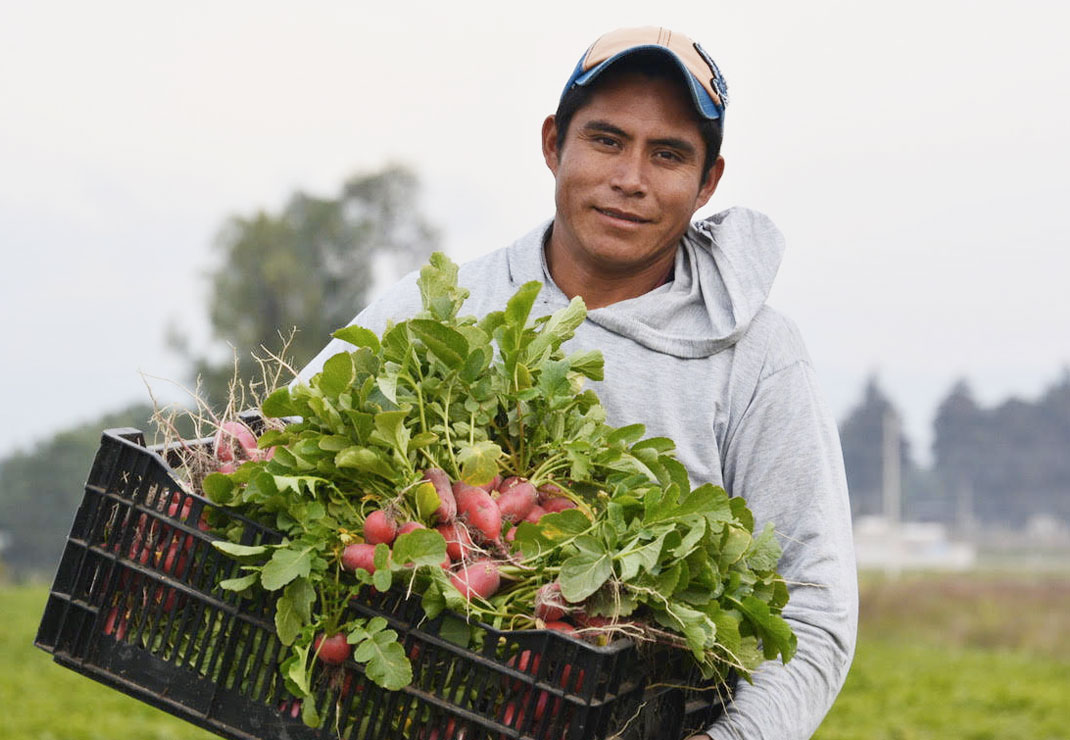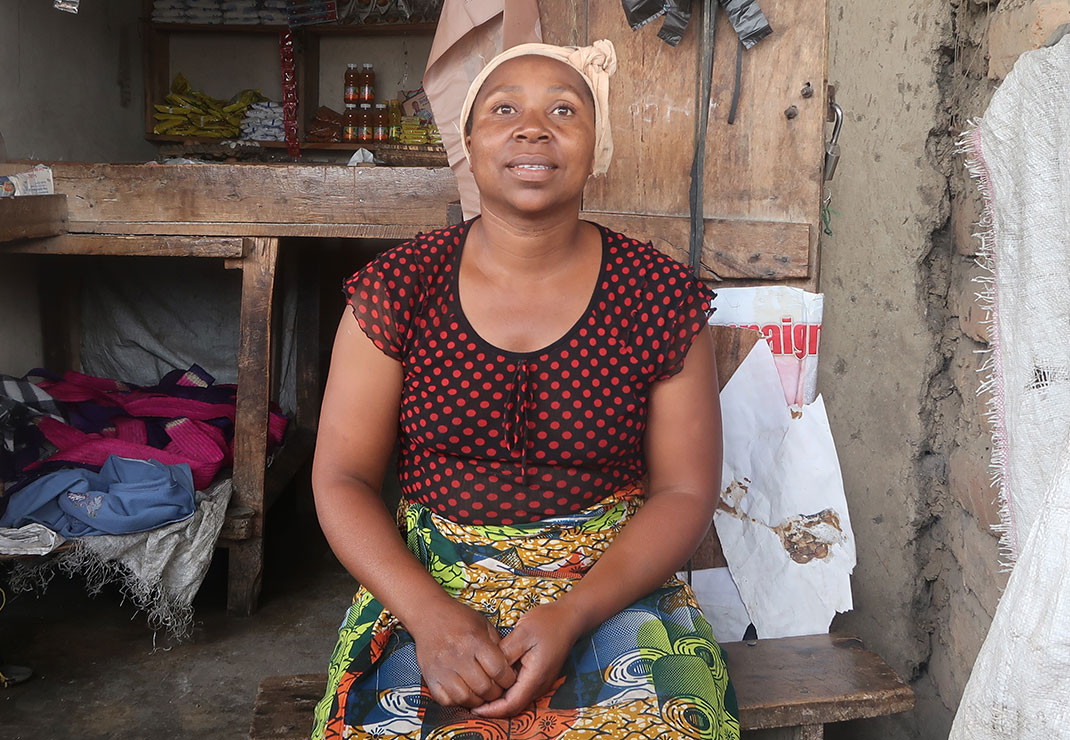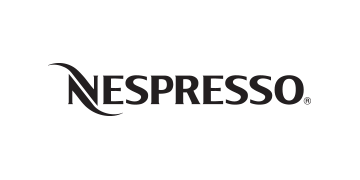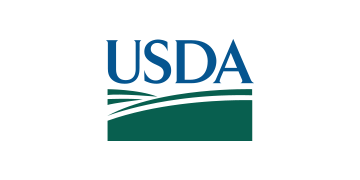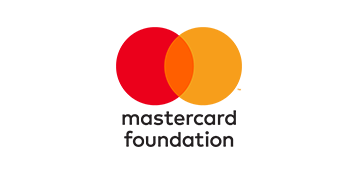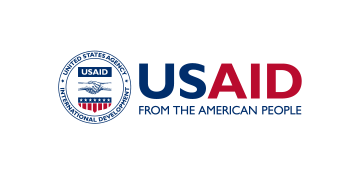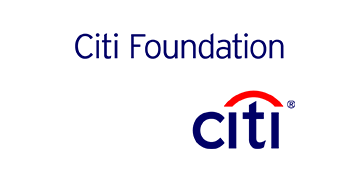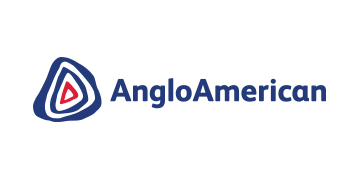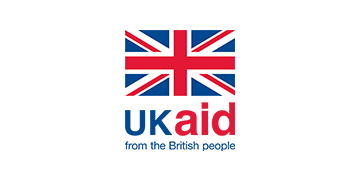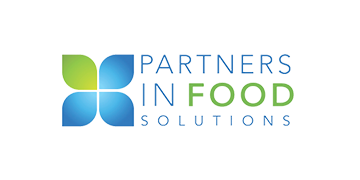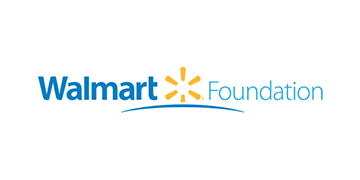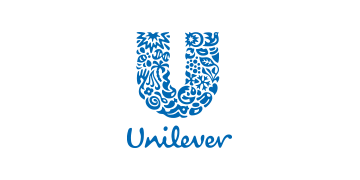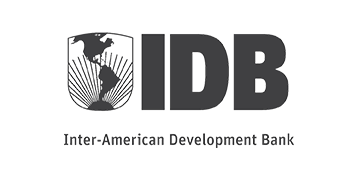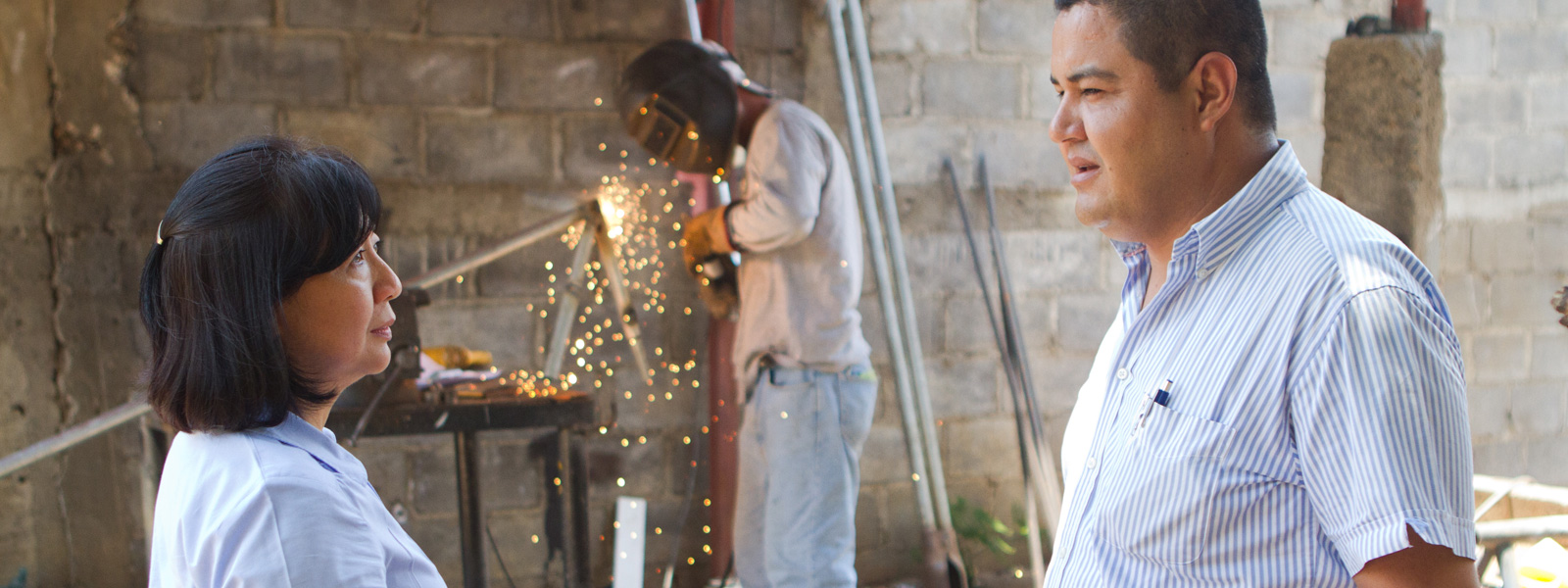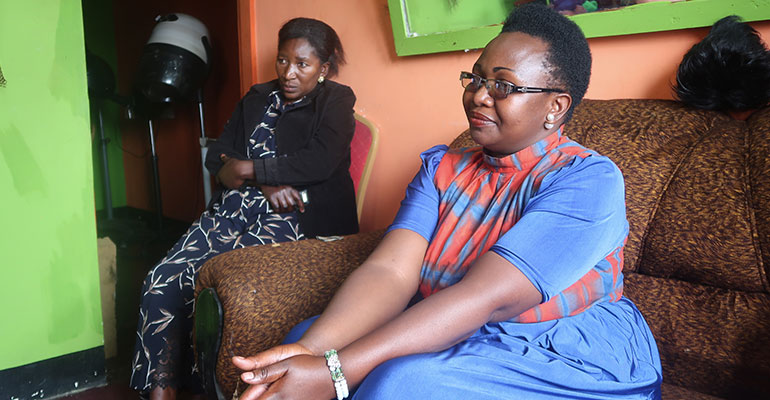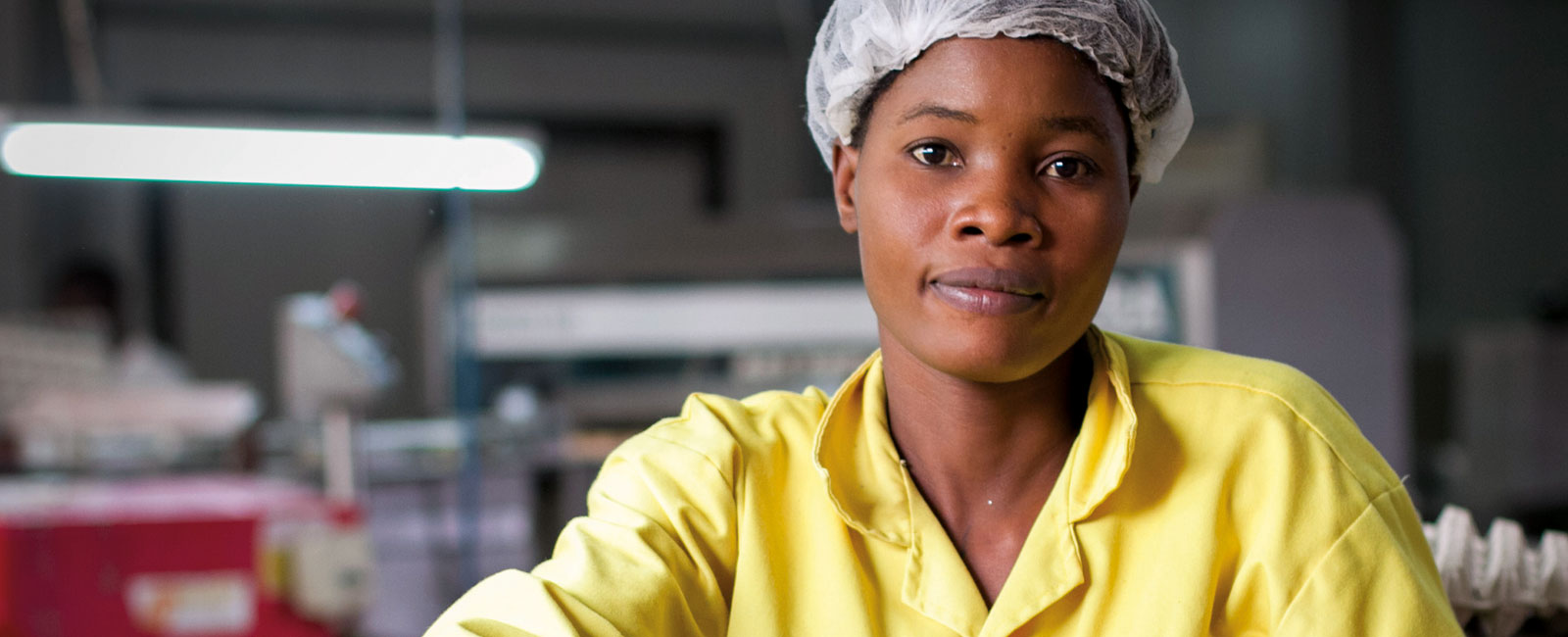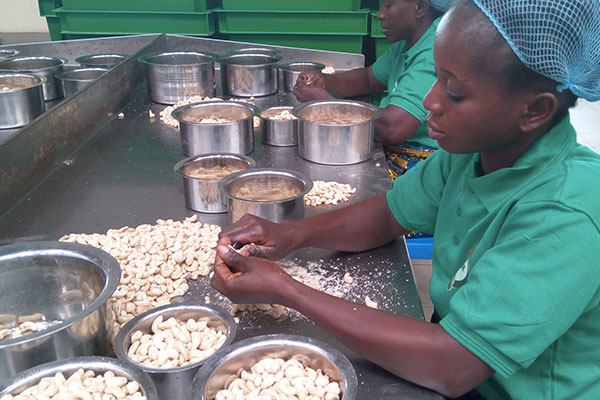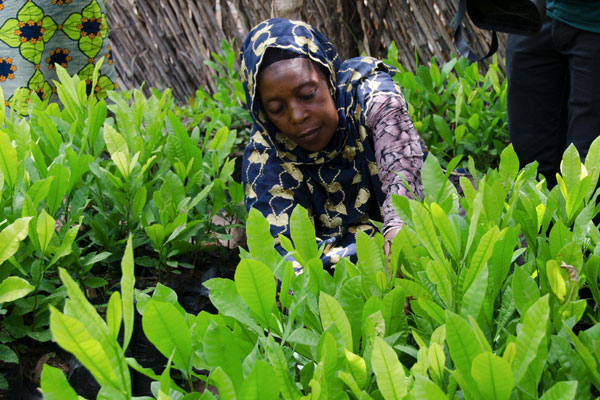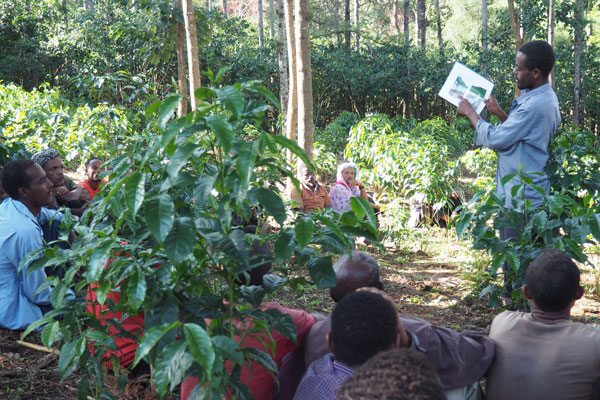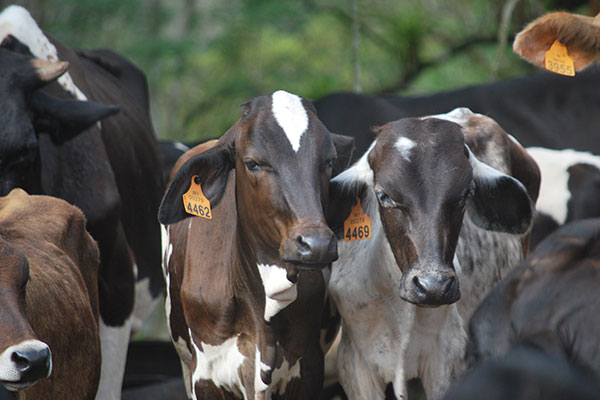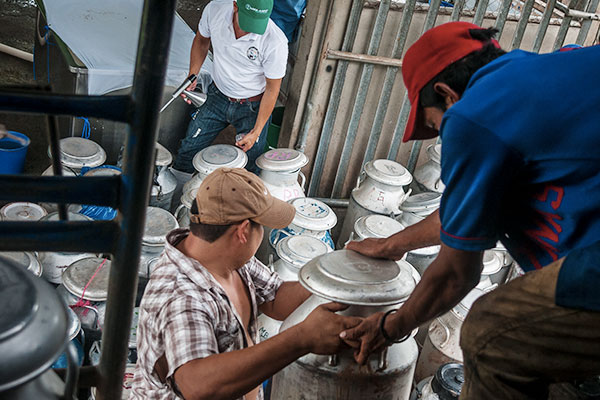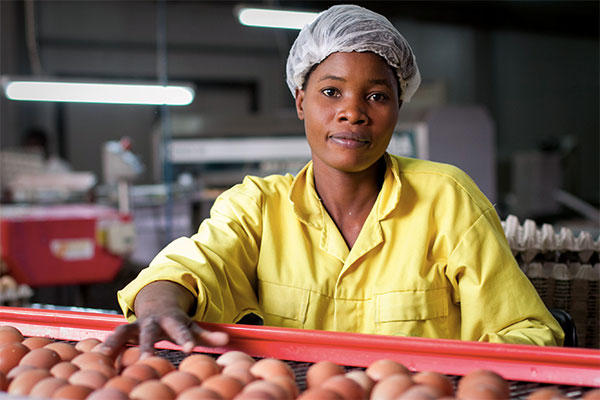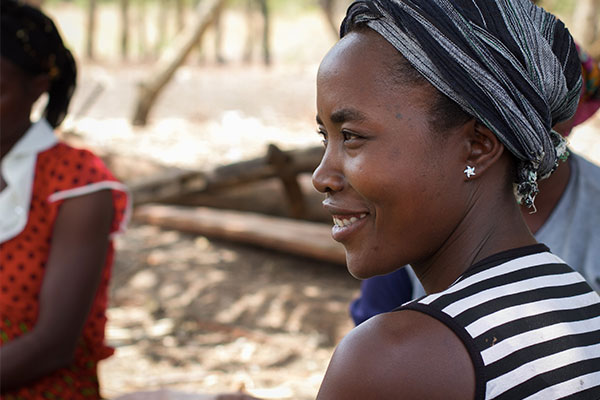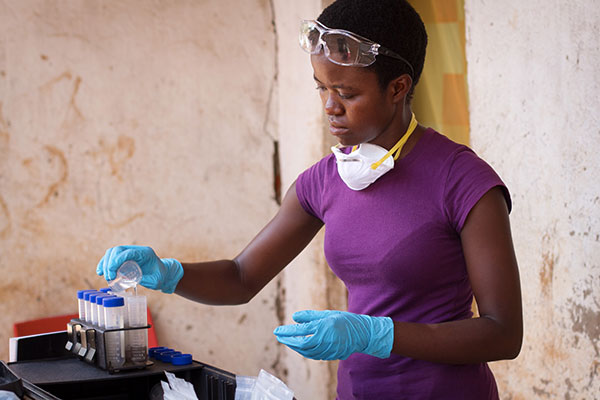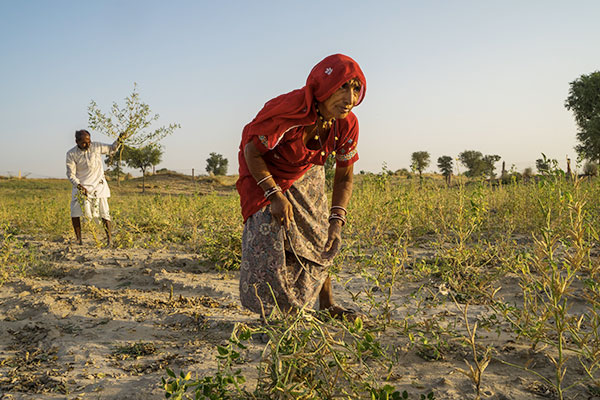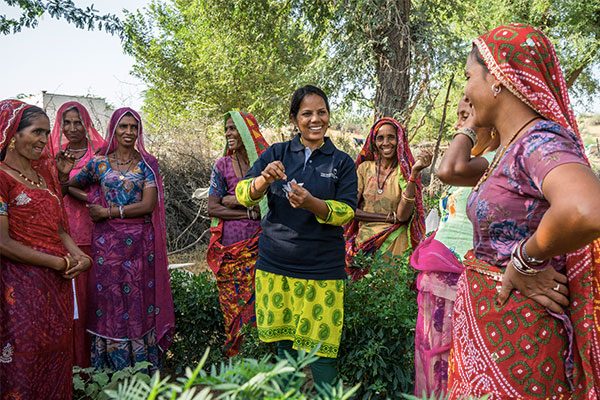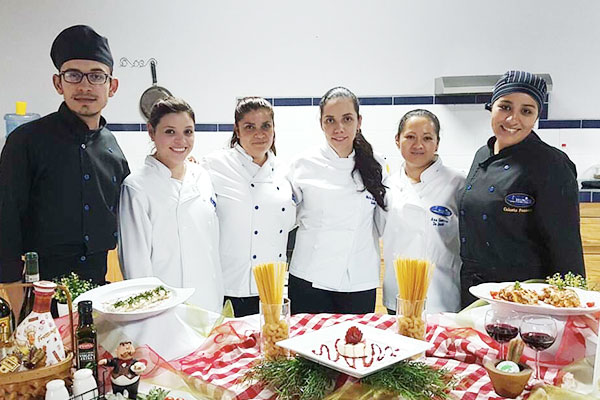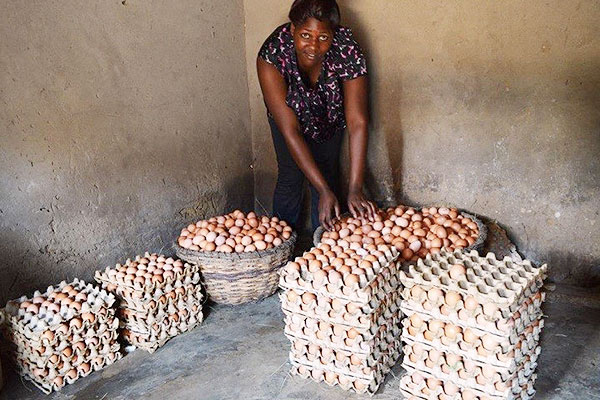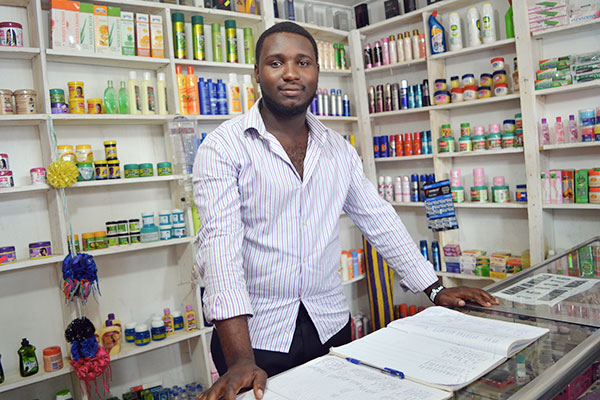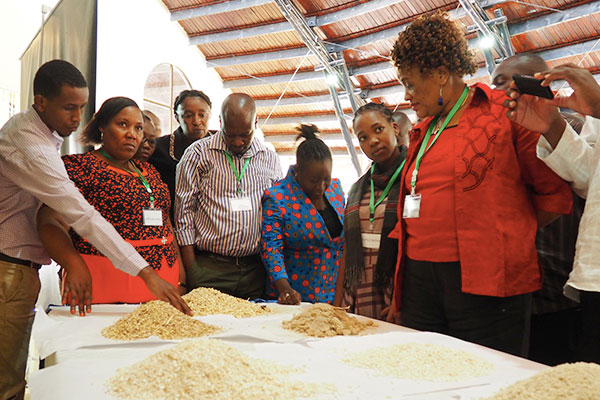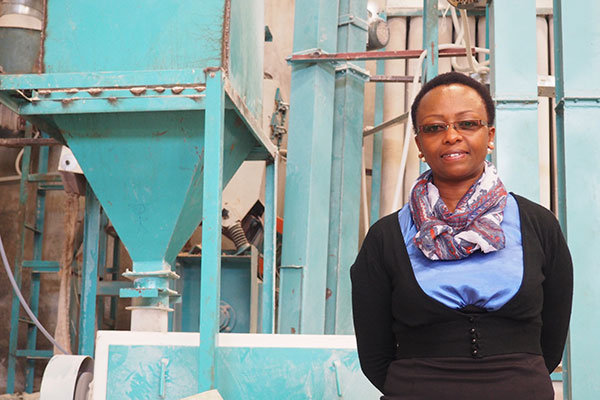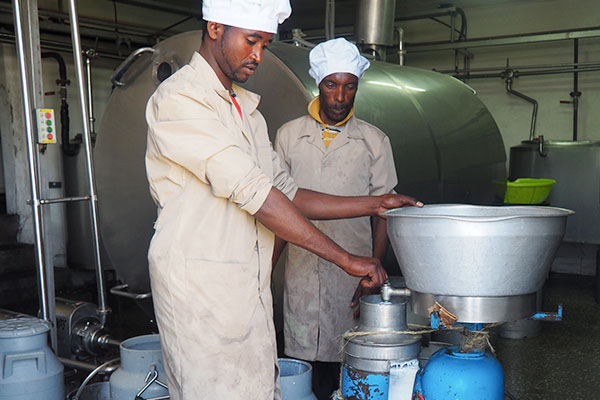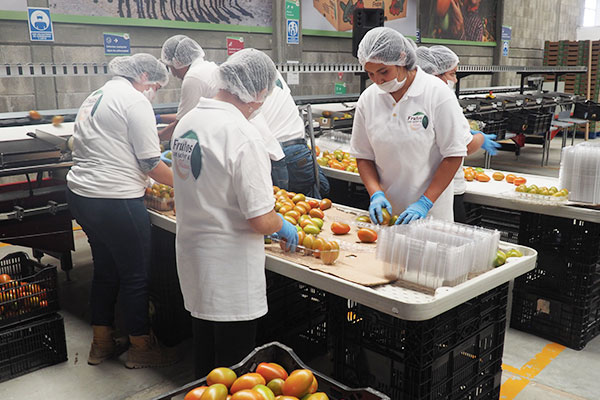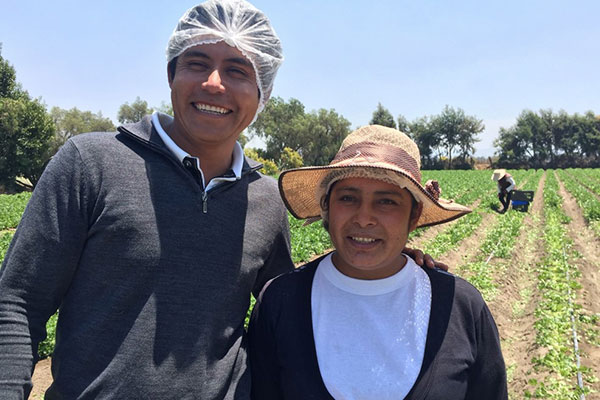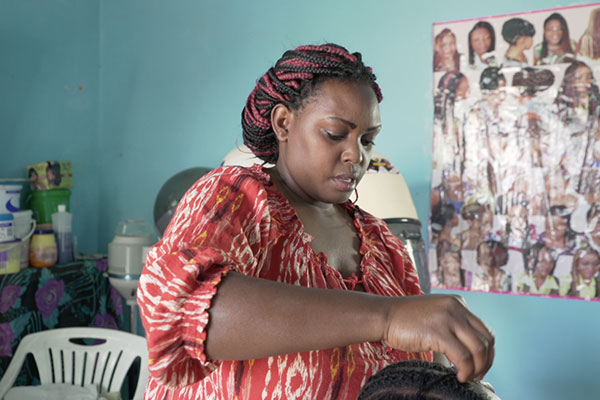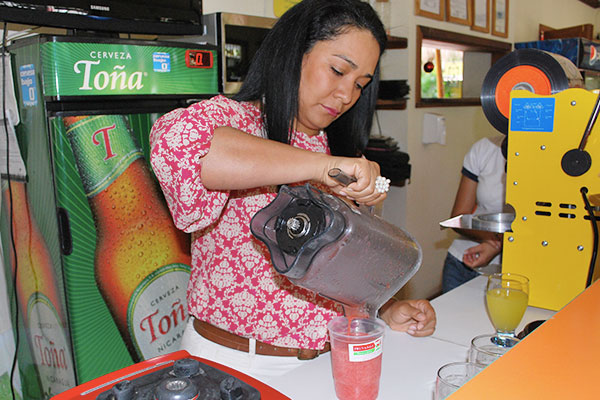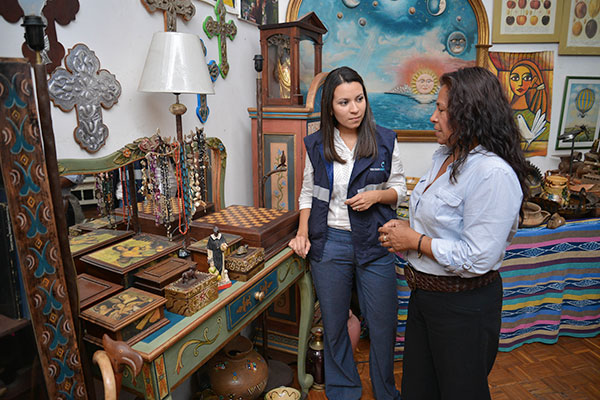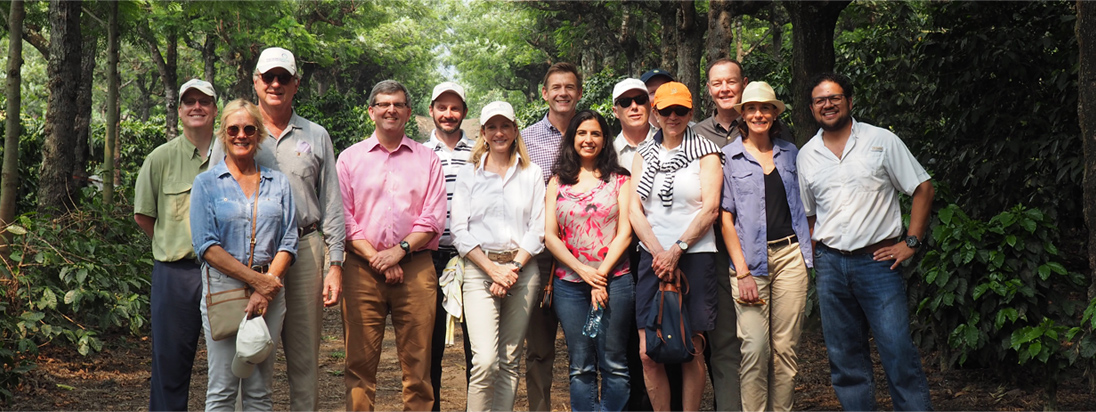For the 11th consecutive year, TechnoServe has earned a 4-star rating from Charity Navigator, America’s largest independent evaluator of charities, placing TechnoServe in the top 1 percent of all rated charities.
Nigeria and Benin
Harnessing the Whole Cashew for Change
TechnoServe is working with public and private partners across West Africa to transform the cashew industry from tree to trade, providing opportunities for farmers, entrepreneurs, processors and other stakeholders to prosper.
Creating a competitive, inclusive and sustainable cashew industry begins on the farm. In Nigeria, TechnoServe partnered with the Walmart Foundation to help raise the incomes of more than 10,000 smallholder cashew farmers through training in good agronomic practices and improved access to markets. In a country where only 15 percent of cashew farmers are women, the project focused heavily on increasing women’s engagement, by working with community leaders to encourage women to join, among other tactics. These efforts resulted in a high female participation rate of 42 percent.
“Cashew has turned my life around and TechnoServe has made my dream come true,” says Aishat Achimi, who was surprised by the difference pruning and other best practices made on her neglected cashew farm, which she had inherited when her father died. After consolidating her bountiful harvest with other farmers in her cooperative, Aishat was able to earn enough extra income to buy the materials to build a new house, fulfilling a long-time dream.
By adopting improved practices and selling their cashews at higher prices through cooperatives, farmers participating in the three-year program, which closed in November 2016, increased their incomes by an average of 43 percent, or $164 per year.
In Benin, TechnoServe is working to strengthen and expand the entire cashew sector into an inclusive economic growth engine for the country. A comprehensive five-year value chain project, BeninCajù works with both producers and processors, as well as a constellation of market players surrounding them. TechnoServe is supporting processors every step of the way – from planning and constructing factories to accessing finance and connecting with international buyers – in order to triple the nation’s domestic processing capacity, ensure a stable market for smallholder farmers, and create 3,400 new jobs.
As in Nigeria, BeninCajù prioritizes women’s participation at every level, targeting 70 percent of the new jobs for women. In early 2016, BeninCajù supported the launch of Fludor Benin, a state-of-the-art factory with a processing capacity of 15,000 metric tons of cashew. Women employees fill nearly 600 of the processing facility’s 700 new positions.
In 2017, BeninCajù is expanding the industry further by focusing on a new market opportunity – cashew fruit juice. Utilizing the nutritious but overlooked cashew apple, the vast majority of which is discarded on the farm, the project is working with processors to produce and commercialize cashew juice under the label Sweet Benin. This new product has enormous potential for long-term financial gains for farmers and businesses, demonstrating how an entire sector can be harnessed as an engine of growth and positive change.
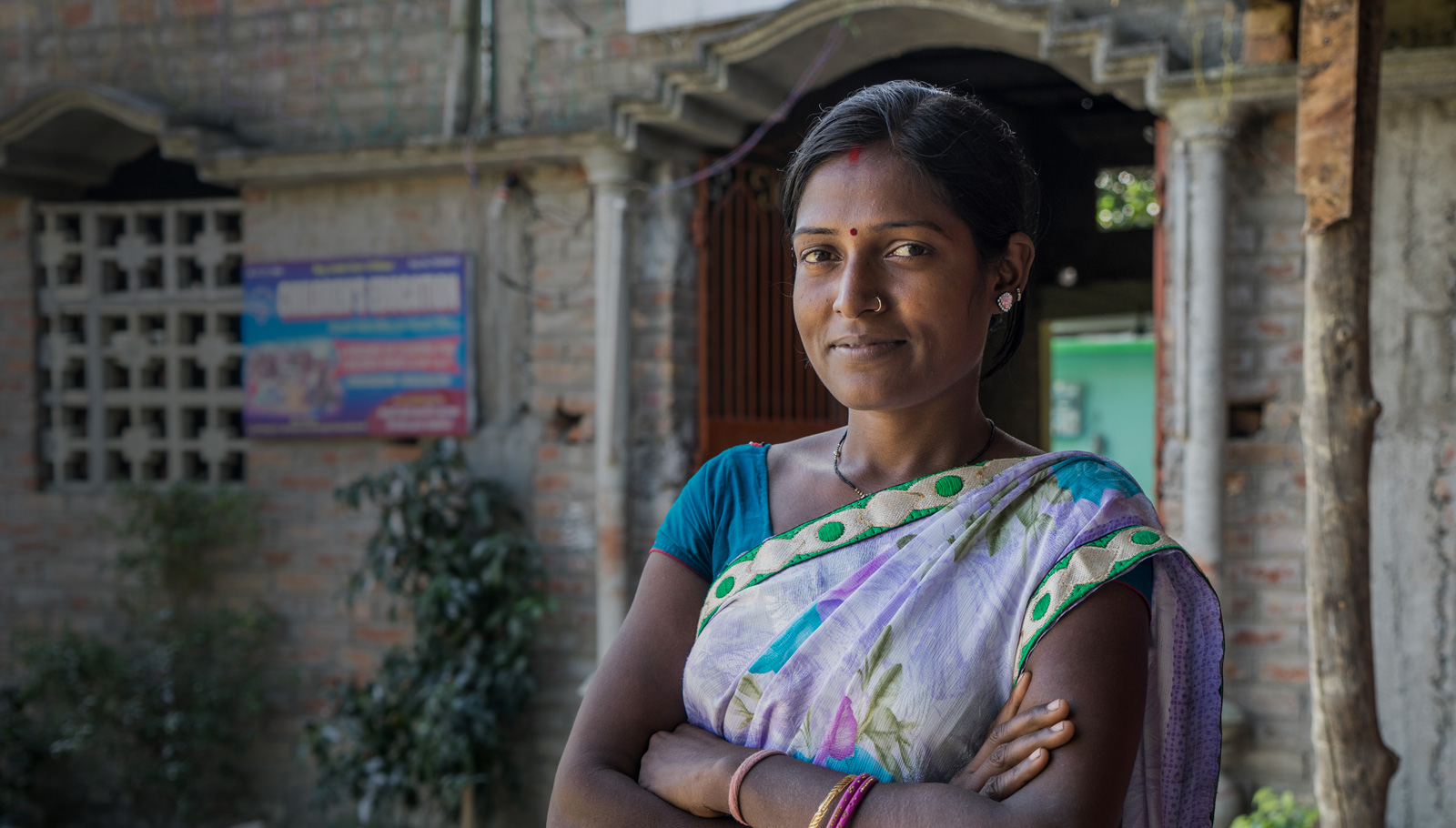




 Financial Benefits
Financial Benefits Beneficiaries
Beneficiaries Percent Women
Percent Women Finance Mobilized
Finance Mobilized